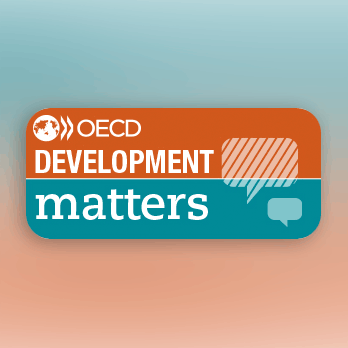A new social contract for informal workers: Bridging social protection and economic inclusion
[..]there is a mismatch globally between traditional social contract models based on assumptions of full (male and formal) employment and the world of work today in which informal workers, both self- and wage employed, constitute over 60 per cent of the global workforce. Can the call for a new social contract really help to achieve greater recognition and a more level playing field for informal workers?” ask WIEGO’s Marty Chen and Laura Alfers, together with Sophie Plagerson, Visiting Associate Professor with the Centre for Social Development in Africa at the University of Johannesburg, in a blog for the OECD’s Development Matters.
The response to the COVID-19 pandemic going forward must be based on a new social contract that respects the rights and freedoms of all and ensures equal prospects and opportunities for all, as the UN Secretary General called for in his Nelson Mandela lecture in July 2020.
The content of a new social contract for informal workers can be classified under four Ps:
- Protection: to provide informal workers with social protection against common core contingencies as well as contemporary collective risks, such as health pandemics and environmental disasters; and legal protection against adverse practices by the state and by the owners of capital
- Promotion: to promote informal livelihoods by valuing them and integrating them into economic development plans at the national and local levels.
- Provision: to provide informal workers with public services (health, education and housing) as well as basic infrastructure and transports services at homes and in workplaces.
- Participation: to invite informal worker organisations to send representative leaders to relevant policy-making and rule-setting processes.
Read the full blog here on the OECD’s Development Matters blog.

